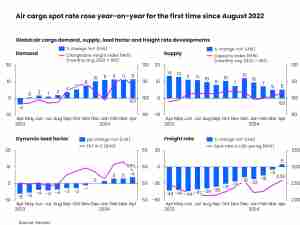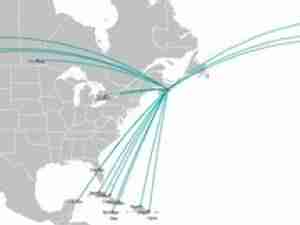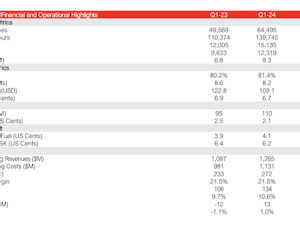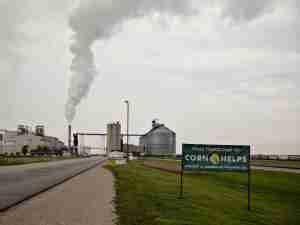A cluster of powerful storms is set to disrupt Thanksgiving holiday travel for the Western U.S., with heavy snow canceling flights in Denver and a higher risk of mudslides in parts of California.
Winter storm warning and advisories cover the West from Oregon to Arizona and a flash flood watch stretches from north of Anaheim to the border with Mexico, the National Weather Service said. Parts of the Rockies were blanketed with more than a foot (0.3 meter) of snow, with blizzard-like conditions still bearing down. The arctic blast comes as millions of Americans plan travel for the Thanksgiving holiday on Thursday.
“Travel will be very difficult to impossible, including Wednesday and Thanksgiving,’’ the weather service said. “Damage to trees and power lines is possible.”
A powerful Pacific storm will rake the coast of Northern California and Oregon, with gusts up to 70 miles per hour (113 kilometers per hour). It will bring heavy rain and snow far into Southern California, where it could raise the risk of mudslides, said Brian Hurley, a senior branch forecaster at the U.S. Weather Prediction Center in College Park, Maryland.
A wide area of Southern California could see 2 to 3 inches of rain, and snow could fall by the foot at the tops of the mountains around San Bernardino Wednesday through Friday.
Some areas could get as much as 60 inches of snow, Hurley said.
Denver could get upwards to 10 inches of snow and be raked by winds reaching 45 miles per hour as the winter storm sparks blizzard warnings across eastern Colorado and parts of Wyoming, the National Weather Service said.
Denver International Airport’s Twitter account reported more than 7 inches of snow early Tuesday morning. As of 1 p.m. New York time, 564 flights into or around the U.S. have been canceled with more than 475 of them through Denver, according to FlightAware, a Houston-based airline tracking company.
Denver saw the most canceled flights of anywhere in the world on Tuesday, according to the website for FlightAware.
The Colorado Department of Transportation reported “treacherous” road conditions and multiple closures, including along Interstate 70. One person died and two others were injured when three tractor trailers and a pickup truck collided on the interstate in Eagle County, home to popular ski resorts west of Denver, according to Master Trooper Gary Cutler of the Colorado State Patrol. The highway was closed much of the day.
The heaviest snow will be at higher elevations in the Rocky Mountains, said Hurley of the U.S. Weather Prediction Center. The worst of the storm should end in Colorado late Tuesday before it moves east into central Great Plains and northern Midwest, where warnings and advisories stretch all the way to Michigan’s Upper Peninsula.
South of the snow track, high winds could race across the New Mexico and Texas and eventually reach western Pennsylvania and New York Thursday morning, the weather service said.










